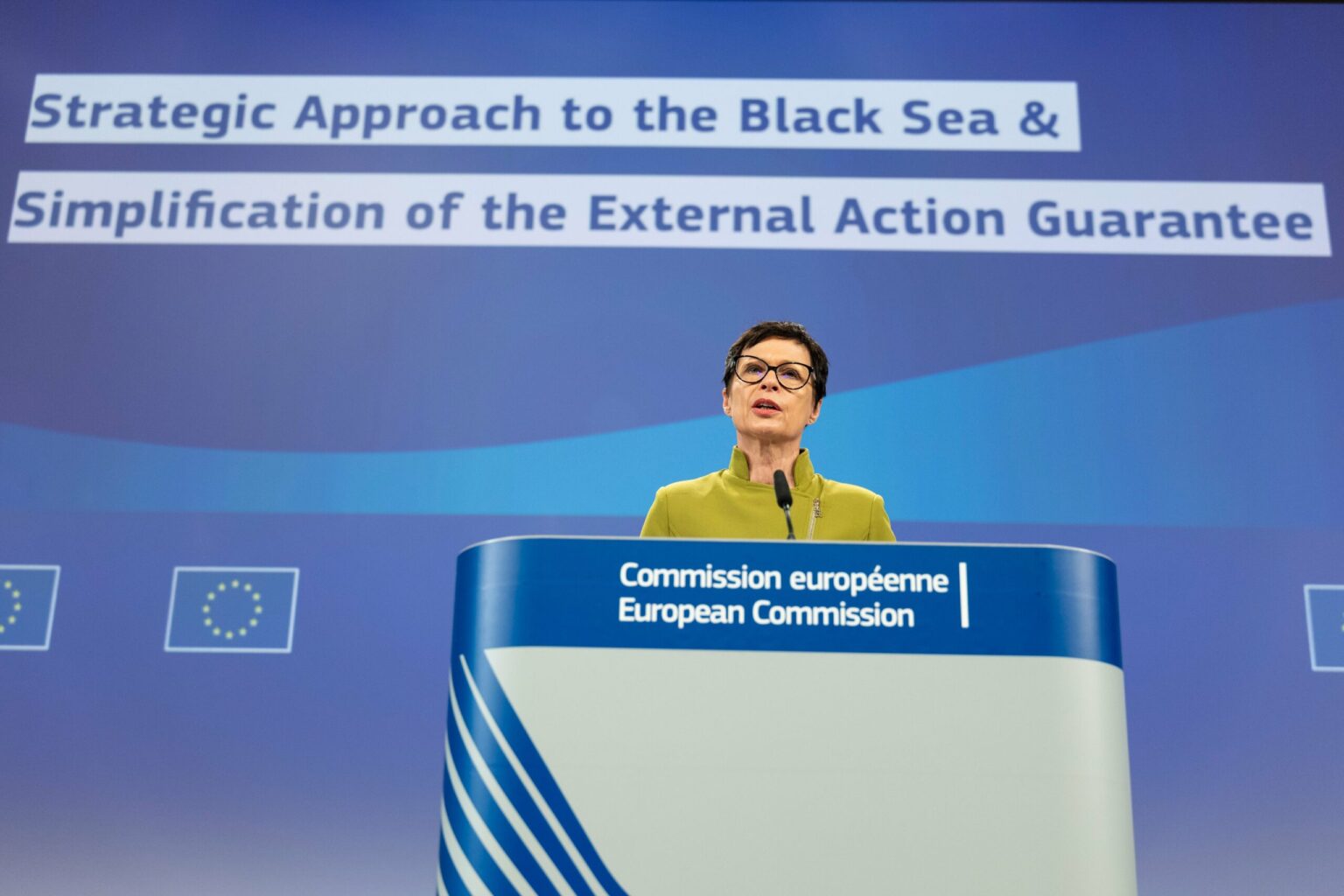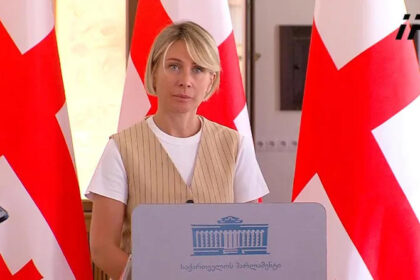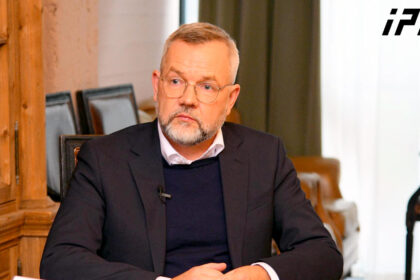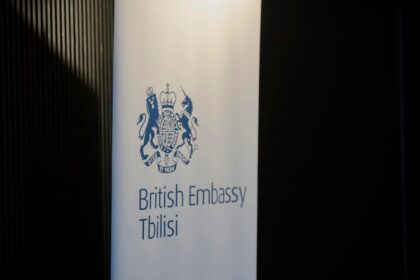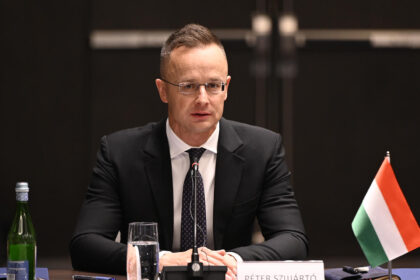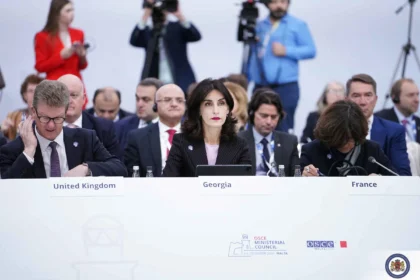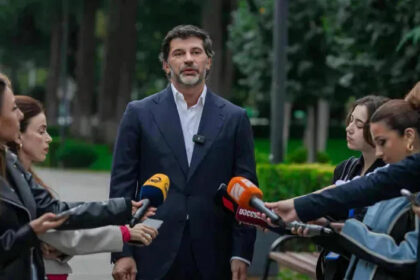**EU Warns Georgia Over Democracy Setbacks**
In a stark warning to the Georgian government, European Commissioner for Enlargement Marta Kos said that the country’s case serves as a reminder that receiving EU candidate status does not guarantee a successful accession process. Speaking before the European Parliament’s Committee on Foreign Affairs on June 3, Kos placed full responsibility for the setbacks on the Georgian authorities.
Georgia has been facing growing concerns over its democratic backsliding, with thousands of citizens taking to the streets carrying EU flags and demanding a more European future. However, the government has responded by enacting laws that critics say threaten the country’s democratic foundations. The Foreign Agents Registration Act (FARA) has been particularly criticized, with Kos calling it a “serious setback for the country’s democracy.”
Kos urged the Georgian authorities to heed their citizens’ demands for democracy and a European future, and to release all unjustly detained journalists, activists, protesters, and political leaders. She emphasized that the EU would continue to call on the government to take credible steps to reverse the democratic backsliding.
The EU has been closely monitoring Georgia’s situation, with Foreign Policy Chief Kaja Kallas earlier condemning the FARA law as a threat to democracy. Kos echoed this sentiment, saying that the laws on broadcasting and grants, in addition to FARA, “threaten the very survival of Georgia’s democratic foundations.”
**EU Conditions for Re-engagement**
Kos made it clear that the EU would only consider re-engaging with Georgia’s accession process if the authorities take credible steps to reverse the democratic backsliding. She emphasized the need for the government to release unjustly detained individuals and engage in dialogue with political actors.
Meanwhile, the EU has pledged to continue supporting civil society organizations and the people of Georgia. This support is seen as crucial in helping the country navigate its current challenges and move towards a more democratic future.
**Timeline of Developments**
* May 5: The European Commission urged the Georgian government to end violence and engage in dialogue with political actors.
* April 29: The EU weighed suspending Georgia’s visa-free travel, reviewing the Deep and Comprehensive Free Trade Area (DCFTA), and considering candidate status.
* April 17: International reactions poured in after the Georgian Dream-led government approved a law requiring executive approval for foreign grants.
Read More @ civil.ge




